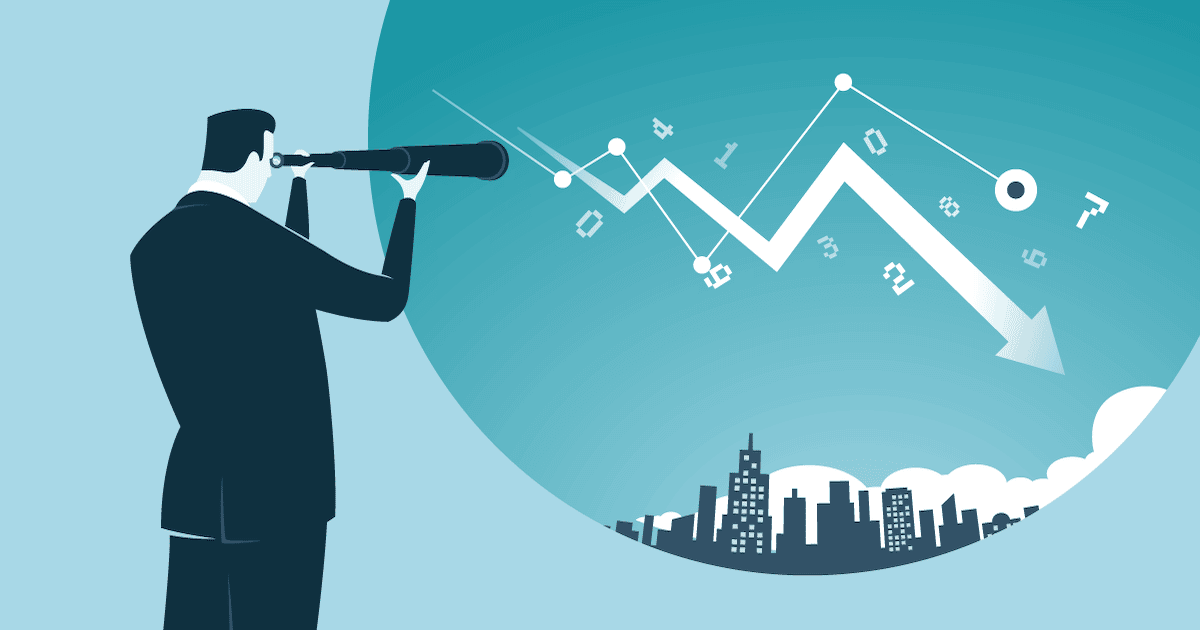Businesses of
multiple types and sizes experience declines in profits and sales during a
recession. Kavan Choksi / カヴァン・チョクシ
underlines that recessions may slow collections, curb credit access, as well as
spur bankruptcies for businesses. While overall recessions tend to have
disparate effects for distinctive companies, a number of these hardships are
fairly predictable based on the size and type of a business. For instance, a
small IT firm may have to deal with cash flow issues as clients delay payment
on invoices, on the other hand, a Fortune 500 corporation would be in a good
position to save money by cutting jobs and extracting better terms from
suppliers.
Kavan Choksi / カヴァン・チョクシ provides
valuable insights into the impact of recessions on businesses
In a recession, one
of the most significant challenges for a business is a slowdown in sales or a
sharp decline in orders. During an economic downturn, overall demand goes down,
leading to reduced sales for most businesses. Cyclical industries like energy
and manufacturing typically experience quite sharp declines. Companies with
high fixed costs like technology suppliers and retailers are likely to
experience a disproportionate hit to the bottom line as revenue declines during
a recession. On the other hand, manufacturers may have to deal with bloated
inventories that force them to slow output until demand recovers.
The decrease in
consumer demand during recessions invariably lowers the expected returns on
investment for marketing and advertising spending, prompting cuts in their
budget. This may lead to significant revenue slumps for discerning media-based
companies, no matter whether they publish, broadcast, or sell ads online.
Tightening of credit
conditions is among the very first effects recessions have on businesses. When
faced with a downturn of uncertain duration and severity, lenders often become
quite selective of the risks they are willing to underwrite. A recession might
bloat the accounts receivable of a company, as liquidity issues generally
impact consumers and businesses up and down the supply chain. Consumers who owe
money to a company might be slower in making payments. Many of them may fail to
make payments altogether. The company, in turn, could be forced to slow its own
payments.
As per Kavan Choksi / カヴァン・チョクシ, large enterprises
have a good chance of being able to refinance their debt at a lower interest
rate as the Federal Reserve tends to lower the federal funds rate in response
to the downturn. However, several smaller businesses have to deal with fixed
debt service costs that must be met even as sales and profits slump. This is
among the key reasons why past recessions have led to a sharp increase in
business bankruptcies.
Businesses, both
large and small, may resort to layoffs to reduce costs, particularly if they
require fewer employees to meet the decreased demand for their products and
services. While productivity per employee might go up, morale could decline due
to increased workloads and stagnant or halted pay raises amid the threat of
additional layoffs. Wages tend to be sticky, as workers are generally unwilling
to accept pay cuts, even when layoffs are a likely alternative.
